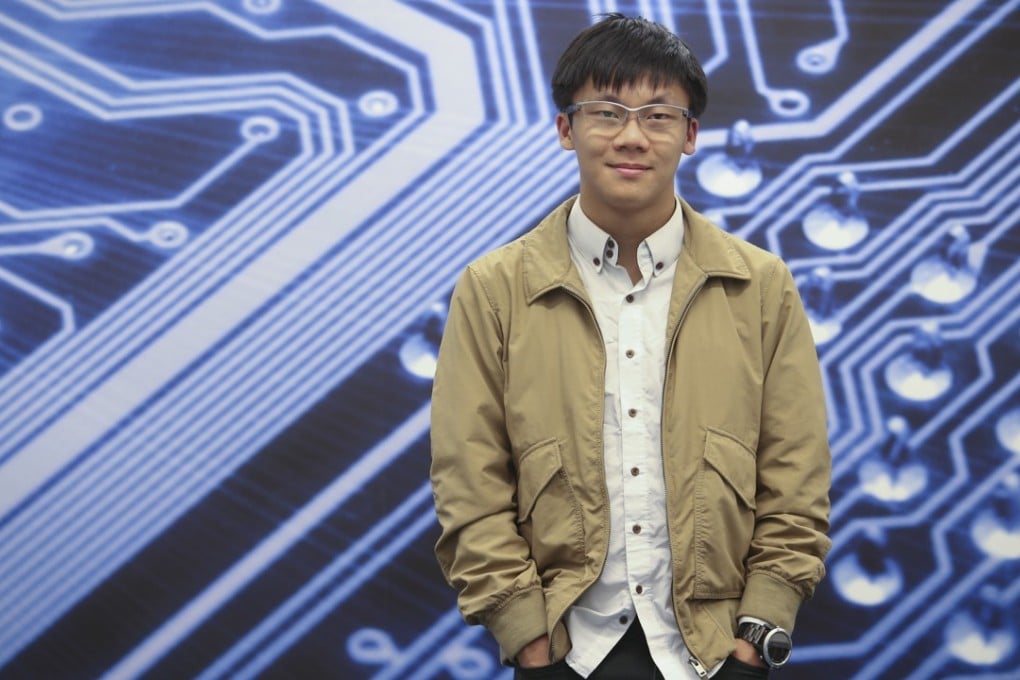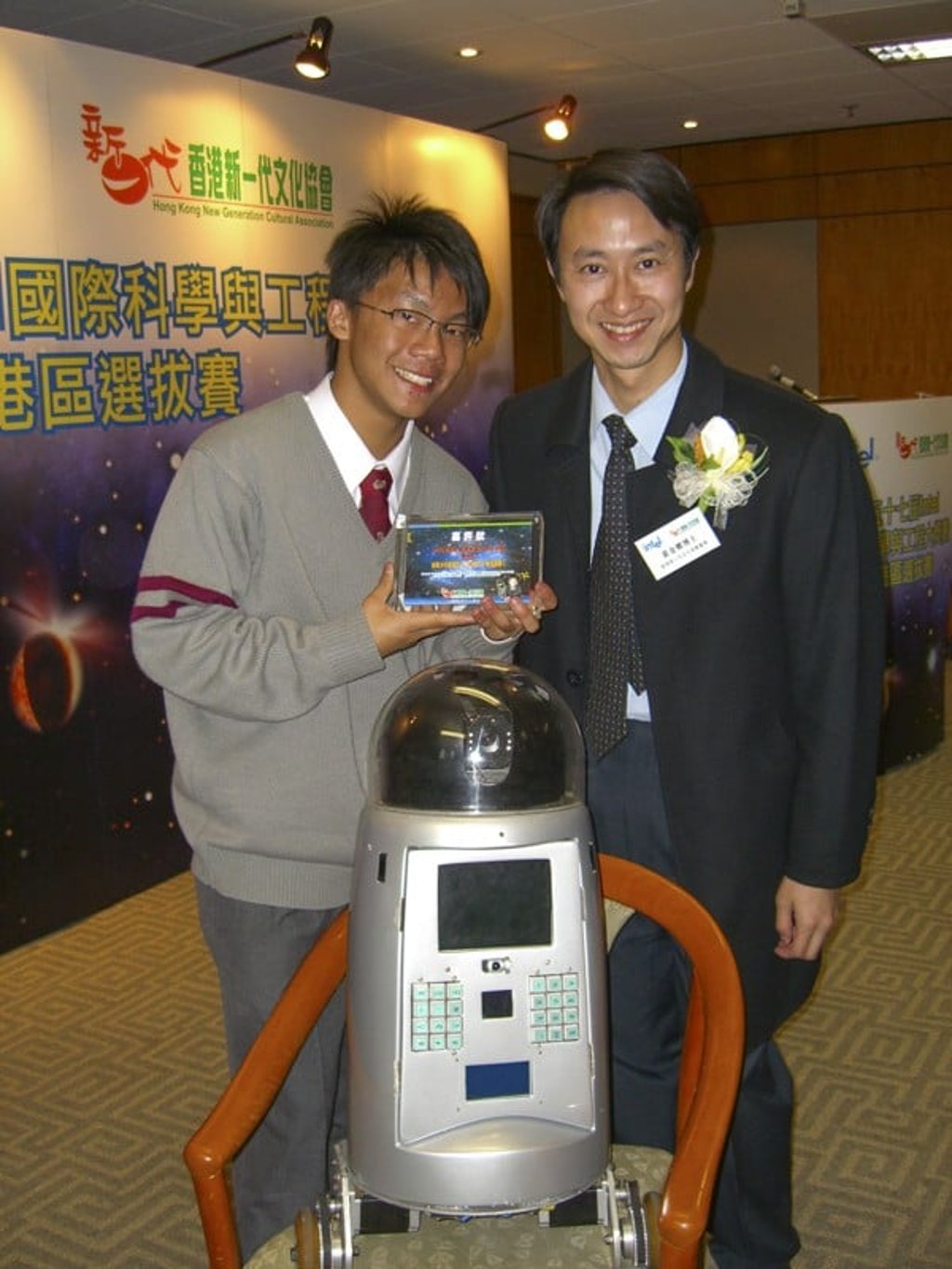Chan Yik-hei, Hong Kong inventor, on having a planet named after him, going to HKUST young, and robots
The 27-year-old entrepreneur had terrible scores at school because he preferred his own experiments, especially with robots; he laments Hong Kong failure to embrace new technology and obsession with exams at school

When I was very young – maybe about six years old – I liked to take all my electronic toys to pieces and reassemble them. I would take out the motors, batteries and circuits and play around with the configuration or combine the components from different toys. Once I combined the parts of an electronic car with the circuits from my parents’ TV remote control unit to create a remote-control vehicle. They weren’t that pleased but I liked to add extra functionality.
I grew up in Tuen Mun. At primary school my scores were terrible. I preferred my own experiments to class work. I used to do my own research and my teachers just didn’t get it. My secondary school (CCC Tam Lee Lai Fun Memorial Secondary School) was much less traditional and they encouraged me to enter the Hong Kong Youth Science and Technology Innovation Competition.
At that first competition, my target was not winning. I didn’t care very much about the result because I could just do what I really enjoyed doing and the school helped me to buy the components I needed and use their labs and workshops. I was only interested in making my invention (the first generation of his robot) work. I was very surprised when I won that competition. I am not really that competitive but I am a perfectionist.

It was about two months later when my father received a letter from MIT Lincoln Laboratory, in the USA. It informed him they had decided to name a minor planet (Asteroid, 20780 Chanyikhei) after me. When my father showed me the letter, I just threw it to one side but I did show it to my teacher at school and he was really shocked. It was only when all the reporters and TV cameras appeared at the school and wanted to interview me that I realised what an honour it was.
The media called me “son of the star” and the name stuck. I was invited by a publisher to write my autobiography when I was only 16 years old. In July 2006, my book, Chan Yik Hei, the Young Man Who Grabbed the Star, was published. It was a bestseller at that year’s Hong Kong Book Fair. I was recognised in the street and people called out to me – it was like being a celebrity.
